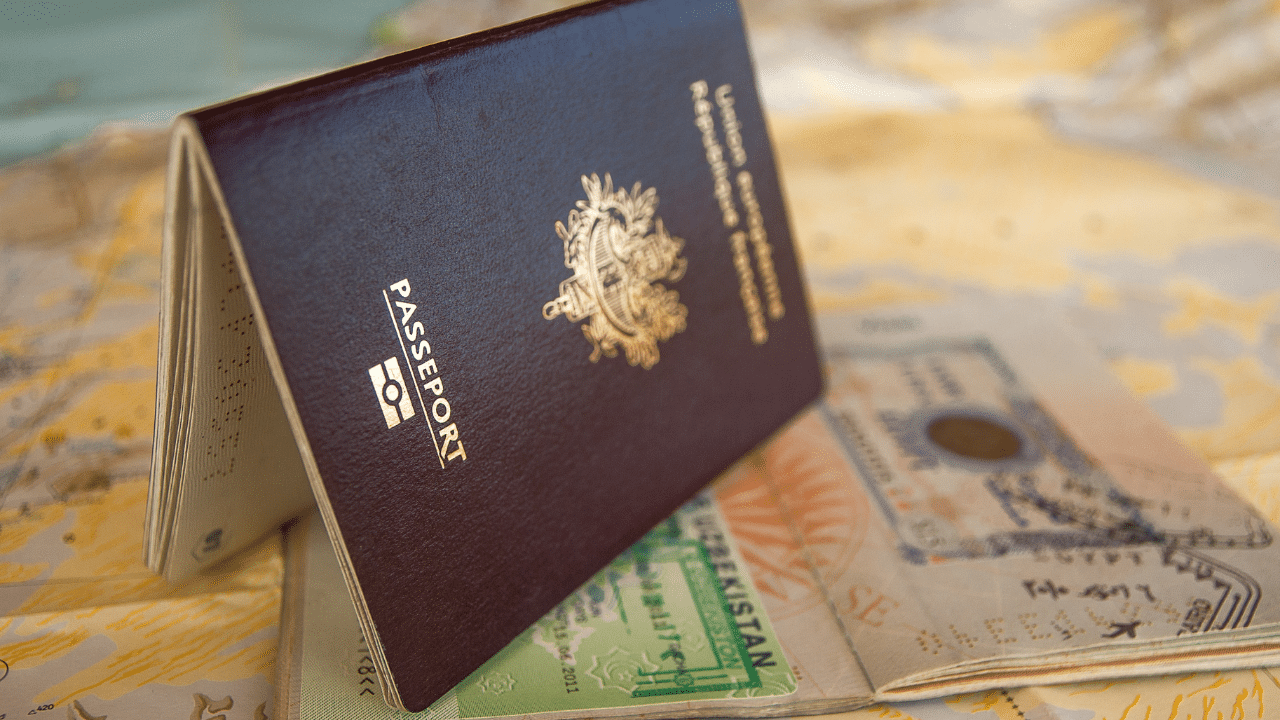The topic of Turkish residence and citizenship is at the top of the list of concerns since they are two vital means of obtaining stability and reaping the numerous benefits that Turkey provides to international residents and investors. Many people want to know the difference between Turkish residency and citizenship, and how either can impact their life and future. We will go over everything in depth. A full and clear distinction between these two options is made, and the benefits of each are highlighted to assist you in making an informed selection based on your personal and professional needs and goals.
What is the difference between Turkish residency and citizenship?
You become a Turkish citizen in all respects when you get Turkish citizenship, as you have the right to live, study, work, vote, and receive health care in Turkey.
Residency is granted as permission that allows an individual to live in Turkey under certain requirements. Although the permit holder lacks political rights such as the ability to vote, these permits are issued for specified purposes such as job, study, or investment.
What are the types of residences in Türkiye?

Learn with us about the types of residence in Türkiye:
Family residence permit:
This permission is granted to foreigners who marry Turkish nationals and is valid for up to three years, renewed if the marital relationship persists. This permission entitles a foreigner to Turkish citizenship if he has been married to a Turkish citizen for three years demonstrates good behavior and lives as a married pair in Turkey. Permanent residence is also available for one home, family residence.
Work residence permit:
When a foreigner obtains a work permit from the Turkish Ministry of Labor, residency is granted by the terms of the permit. The work-related residence visa is renewed every two years, and its possessor is eligible to apply for Turkish citizenship after five years of continuous employment with the same employer.
Real estate residence permit:
When a foreigner purchases a property in Turkey, he is awarded a legal residency permit for a term of up to two years, renewable if he continues to own the property. However, until the value of the property surpasses a certain limit, holding a property in Turkey does not entitle the proprietor to Turkish citizenship. The total sum is 400 thousand dollars, which was deposited from outside the nation.
Student residence permit:
Foreign students enrolling in Turkish universities are issued a valid residency visa for the duration of their studies, which is renewed based on their academic progress.
Tourist residence permit:
This permission is issued to foreigners who want to visit Turkey for a short amount of time for tourist purposes, and it is valid for one to two years.
Investor residence permit:
It is given to international businessmen who want to do business in Turkey and must produce a letter of invitation from a Turkish company or a Turkish businessman.
Residence permit for treatment:
It is granted to foreigners coming for treatment in Turkey based on a reservation from a private or public Turkish hospital, and its duration depends on the period of treatment.
Turkish citizenship through real estate ownership in Türkiye

Obtaining Turkish citizenship through real estate ownership is regarded as one of the simplest, most efficient, and quickest methods. The Turkish Parliament lifted restrictions on citizens of 183 countries across the world in mid-2012, allowing them to own real estate in all Turkish states and territories excluding security and military zones.
According to the most recent change to the law giving Turkish citizenship by real estate ownership in May 2022, the foreign investor must purchase a property worth at least $400,000 with the condition of not selling it within three years.
Turkish citizenship via bank deposit
The law allows investors to get Turkish citizenship by a bank deposit, in which they can deposit $500,000 in any Turkish bank, public or private, with the condition that they do not remove the money for three years. It is worth noting that the amount required to gain Turkish citizenship through a bank deposit was 3 million US dollars at the start of the program's debut, but this amount was later reduced to 500 thousand dollars.
Although the amount cannot be withdrawn during the first three years, the investor is entitled to bank interest, which he can get regularly from the bank. Furthermore, he has the right to transfer the funds ($500,000) from one bank to another during the lawful deposit term, but he must wait another three years before withdrawing the funds.
What are the criteria for getting Turkish citizenship?
He must be fully mentally capable.
He must not have any significant illnesses that have a detrimental impact on his overall health.
He must not have a criminal history and must not be involved in any illegal activity.
His morals and reputation must be impeccable.
He must produce documents proving his intention to settle and remain in Turkey permanently.
A steady source of income is required.
Related Articles
Real Estate Residence Permit in Türkiye: Comprehensive Guide


